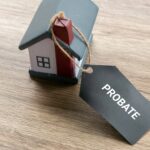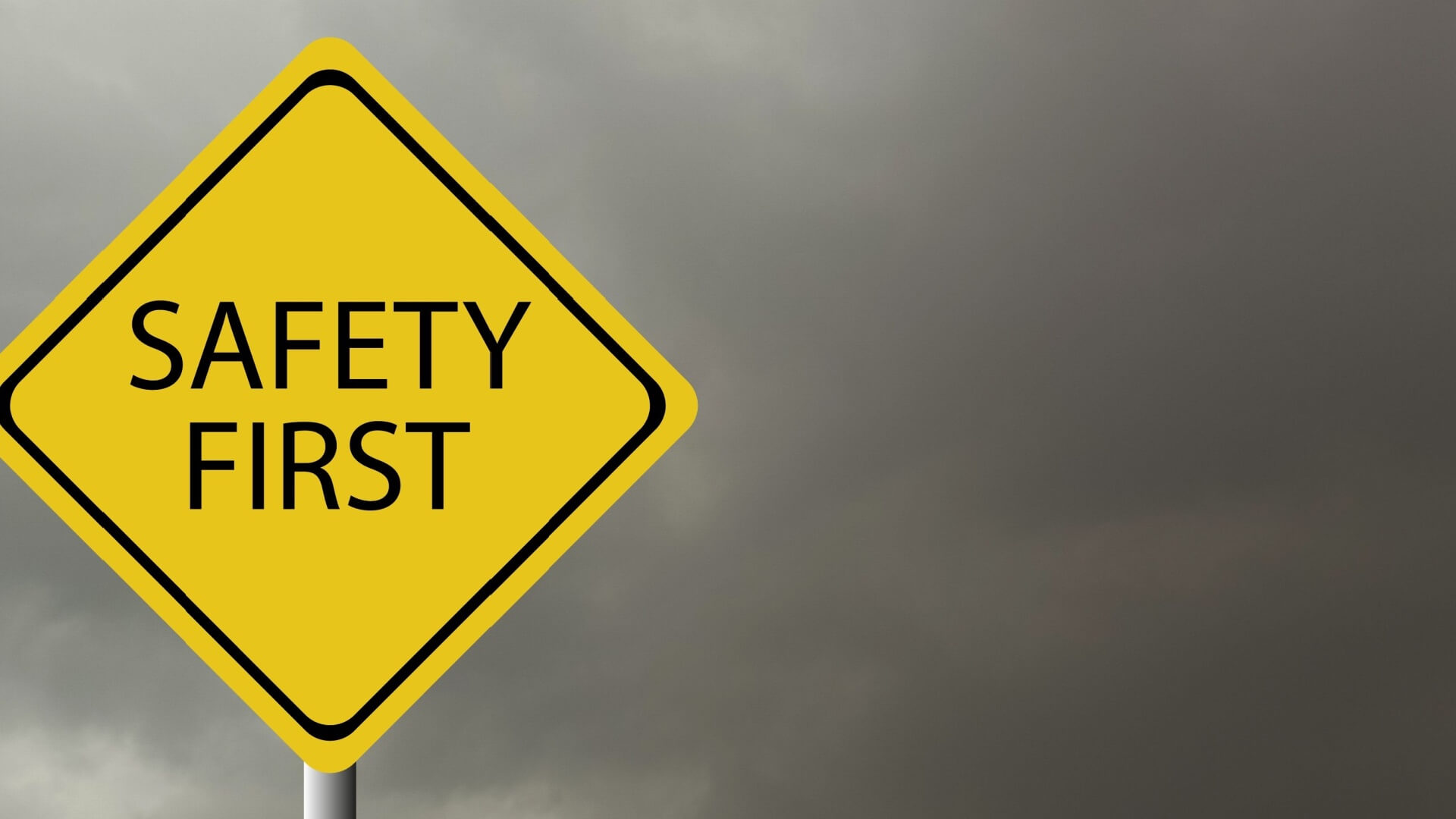Hurricanes are among the most destructive natural disasters, capable of altering entire communities in just a few hours. With the 2025 hurricane season approaching, the stakes are high for homeowners, businesses, and communities, particularly in hurricane-prone areas like Florida.
The hurricane damage attorneys at EC Law Counsel will break down the anticipated hurricane weather patterns for 2025, provide actionable preparation tips, and guide you on dealing with aftermath essentials, like insurance claims.
By understanding the predictions and challenges, you can better protect what matters most.
Understanding Hurricane Weather Patterns
Hurricane weather patterns are guided by several atmospheric and oceanic factors. Here are some key elements influencing hurricane formation and intensity in the Atlantic Basin, where the U.S. sits on the frontlines:
- Warm Ocean Waters: Hurricanes derive energy from warm sea surfaces. Higher water temperatures often lead to stronger and more frequent hurricanes.
- El Niño vs. La Niña: These climate patterns have a significant impact on hurricane seasons. El Niño tends to suppress hurricane activity, while La Niña promotes more frequent and intense storms. Forecasters are anticipating neutral or slightly La Niña-like conditions heading into 2025.
- Wind Shear: High wind shear, or the change in wind speed and direction at different altitudes, can weaken a developing storm. Conversely, low wind shear allows hurricanes to intensify.
- Climate Change’s Role: Global changes in weather patterns have fueled speculation that hurricanes are lingering longer and becoming more intense over time. Warmer oceans and rising sea levels are exacerbating storm surge and flooding risks.
The 2025 Hurricane Season Forecast
This season’s forecasts from NOAA sound the alarm for an above-average hurricane season. Expect the following projections for the Atlantic Basin between June 1 and November 30, 2025:
Season Expectations
- Above-average activity: A 60% chance of an above-normal season, 30% chance of a near-normal season, and just a 10% chance of below-average activity.
- Named storms: Expect 13 to 19 named storms (storms with wind speeds of 39 mph or higher).
- Hurricanes: NOAA predicts 6 to 10 hurricanes (storms with wind speeds of 74+ mph).
- Major hurricanes: Between 3 to 5 major hurricanes with wind categories of 3 or higher (111+ mph).
Florida’s Risk
Florida faces increased exposure this year, with a 92% chance of a named storm making landfall, a 65% chance of a hurricane, and a 35% chance of a major hurricane directly hitting the state.
The Devastating Impact of Hurricanes
To understand why preparedness is essential, it’s important to look back at past storms like Hurricane Helene, one of the deadliest hurricanes to strike the U.S.
- Fatalities: Helene caused 176 direct deaths, including 65 due to winds alone. Of these, 61 fatalities were caused by falling trees.
- Storm Surge: 14 fatalities in Florida were caused by storm surge flooding, a devastating consequence of hurricanes amplified by sea-level rise.
- Legacy: Helene’s impact demonstrated the catastrophic potential of poor preparedness and underestimating storm severity.
Events like these have reshaped how we approach disaster readiness and coping mechanisms.
Essential Preparation for the Hurricane Season
The best defense against hurricanes is a proactive approach. Here’s how homeowners and communities can prepare for the 2025 hurricane season.
Homeowner Tips
- Reinforce Your Property: Check your home’s roof, windows, and doors. Install storm shutters or plywood to protect windows.
- Secure Loose Items: Bring outdoor furniture, grills, and decorations indoors to prevent them from becoming projectiles.
- Prepare an Emergency Kit: Stock up on essential supplies, including non-perishable food, water, flashlights, batteries, and a first-aid kit.
- Have Backup Power: A generator can be a game-changer during extended power outages.
Community-Level Preparedness
- Evacuation Plans: Know your evacuation zone and routes. Practice drills with your family.
- Stay Connected: Follow weather updates and alerts through reputable sources like NOAA and local news.
- Community Coordination: Neighborhood communities can strengthen preparedness by sharing resources like tools, sandbags, and evacuation vehicles.
Navigating Insurance Claims After a Hurricane
Even with the best preparations, damage can occur. Filing an insurance claim for hurricane-related losses can be a draining process. Here’s how you can ensure fair compensation for your damages.
- Document Everything: Before the season begins, take photos or videos of your property to establish a clear record of its pre-hurricane condition. After the storm, photograph all visible damage.
- Get a Professional Assessment: Don’t rely solely on your insurer’s adjusters. Independent assessments can help you gauge the actual extent of your damages.
- Know Your Policy: Understand what your homeowner’s insurance covers and whether you’ll need supplemental policies, such as flood insurance.
- Seek Professional Help: If your insurance company delays, denies, or undervalues your claim, consult experienced hurricane damage lawyers like EC Law Counsel.
With over 11 years of experience, EC Law Counsel is skilled in helping Florida homeowners deal with underhanded insurance tactics. Our team ensures you receive the compensation you deserve by handling negotiations, documentation, and even court representation.
Act Now to Stay Safe and Secure This Hurricane Season
The 2025 hurricane season forecasts may seem daunting, but preparation is key to safeguarding your property, finances, and loved ones. Understanding hurricane weather patterns, bolstering your home’s defenses, and getting professional support for insurance claims can make all the difference.
Start preparing today and take the first step toward protecting your home. If you encounter challenges with hurricane damage claims, trust the attorneys at EC Law Counsel to guide you every step of the way.
Need assistance? Call 954-740-6333 or fill out our online form for a free consultation.





